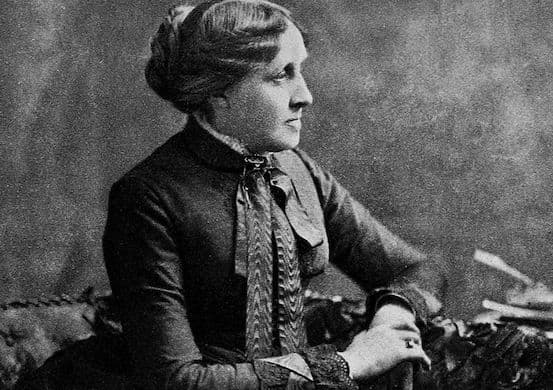Novelizing American History
Norman Lock’s ‘Voices in the Dead House’ is on the cutting edge, providing us with a way to grapple with our evolving sense of the past, as we wonder what is next.

‘Voices in the Dead House: A Novel’
By Norman Lock
Bellevue Literary Press, 284 pages
“Voices in the Dead House” is the ninth volume in Norman Lock’s American Novels series, with more to come. Populated with figures such as Nathaniel Hawthorne, Susan B. Anthony, Elizabeth Cady Stanton, U.S. Grant, Emily Dickinson, Henry David Thoreau, Edgar Allan Poe, General Custer, and Huck Finn, Mr. Lock’s fiction rivals Jerome Charyn’s prodigious recasting of American literature and history.
Look for this column and a podcast to eventually catch up with the biographical novelist, who is not worried about departing from the historical record in the service of his novel and yet respects history and tells us (in an Afterword) what liberties he has taken with his protagonists, Walt Whitman and Louisa May Alcott.
Whitman and Alcott never met — as Mr. Lock notes in his Afterword — but they could have as they ministered to the wounded and dying at Washington, D.C., during the Civil War. Whitman and Alcott had commerce with certain literary figures who could have brought the two together, especially Emerson, who hailed Whitman’s advent as an American poet and who befriended the Alcott family.
Yet at the outset — such is the cunning of Mr. Lock’s approach — Whitman and Alcott seem polar opposites. Their alienation is expressed in Alcott’s skepticism: She deplores the way Whitman has used Emerson’s effusive private letter as a public endorsement of “Leaves of Grass.” As she tends the sick, she observes Whitman from afar and deems him a fraud.
What Alcott does not know is that Whitman is well aware of his posturing and the persona of the democratic rough he has promulgated. He is constantly checking himself, exposing his own fatuous behavior, which, nonetheless, he cannot do without — so important is the fiction he has made of himself.
The novel’s drama gradually unfolds as Alcott realizes that for all his fol-de-rol, Whitman is sincere. Other nurses who look askance at his familiarity with the wounded — kissing them and offering them presents — cannot gainsay that he does the men good and is powerfully dedicated to their recovery.
Both writers have an arrogance that gets expressed in quite different ways. Whitman can be rude, refusing to take his hat off as a sign of respect; Alcott is cutting with men who mean well but cannot penetrate her sour disposition. In both cases, though, the writers’ egos cannot prevail as they witness the monstrous carnage of war.
Both Alcott and Whitman risk their own health and devote themselves to attending to the suffering soldiers. Whitman has already thrown over the polite conventions of society, so it is fascinating to watch Alcott, who is disgusted with her feckless transcendentalist father, Bronson, work her way to her own declaration of independence.
Mr. Lock wisely leaves alone the ironies of the similarities and differences between his main characters, allowing us to sort them out — if, in fact, such sorting is possible. In short, this is fiction of a high caliber that, unlike many biographical novels, does not explain too much.
Other historical figures make appearances — chiefly, Dorothea Dix and Matthew Brady, both of whom provide welcome sidelights on Whitman and Alcott, as well as on the way these writers wanted themselves portrayed, and how Brady positioned them to his own liking.
Mr. Lock has one worry: “To discover Whitman’s view of black slaves and freedman was unenlightened (a timid word) is disheartening.” This racism is not treated in the novel because “Whitman’s prejudice would likely obscure, for the modern reader, the complicated personality of a man whose published work was an assault on the many prejudices of his time.”
Mr. Lock calls a defense of Whitman as a man of his times “weak,” and prefers to emphasize his immense service to the wounded and the sick. Another novel, Mr. Lock might have said, could well take up that racism, but that is not what the novel he has written has allowed him to do.
“Voices in the Dead House” is on the cutting edge of history, providing us with a way to grapple with our evolving sense of the past, as we wonder what is next. In Mr. Lock’s case, next out in July is “The Ice Harp,” a novel about the last days of Ralph Waldo Emerson, including his encounter with a Black soldier and with his own philosophy.
Mr. Rollyson is the author of “American Biography.”

